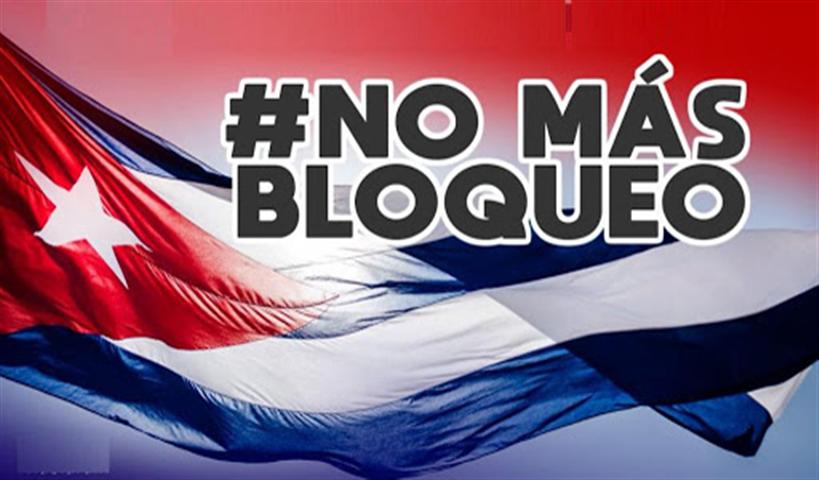This was denounced at a press conference in this capital by Grisel Moya, Director of Communication of the Ministry of Education (Mined), who recalled that in the last three years the effects of this policy have become even more harmful.
She explained that to the more than 240 additional measures imposed by the administration of Donald Trump, a few days after the end of his mandate, he included Cuba on the list of nations allegedly sponsors of terrorism, which adds even more obstacles to the island to access resources for its development.
The spokeswoman for the Mined said that with 24 percent of its annual budget allocated to education, Cuba is recognized worldwide as one of the countries that dedicates the most resources to the training of new generations.
However, she pointed out, it is extremely difficult to execute that budget given the enormous obstacles imposed by the blockade to access the most basic means of education, even when the funds are available to purchase them.
She explained that in the current teaching calendar, it was necessary to readjust the material base of studies that students receive at the beginning of the course, and reduce the number of pencils, notebooks and other materials that are given free to each student.
The printing of textbooks was also affected, for which the country allocates more than eight million dollars each year, to mention a few examples of the blockade effects in all spheres of life of the Cuban population.
The press conference was held at the Abel Santamaría special school, where blind children and adolescents or those with serious ophthalmological impairments study, and where, due to the high requirements for learning of these students, the effects of the blockade are more evident.
In this regard, Olaya pointed out the difficulties in gaining access, from equipment such as those intended for teaching the Braille system or the paper required for it, to the glasses that some students need to treat their ophthalmological conditions.
However, she warned that despite the US blockade, the daily efforts of educators and the Cuban State ensure that education in the country continues and obtain notable results, including important awards for Cuban students in international events.
She stressed that the limitations caused by a policy aimed at promoting the destruction of the social model chosen by the majority of Cubans, compels them to generate initiatives, grow in skills and abilities, putting into practice the creative resistance proposed by President Miguel Díaz-Canel.
That expression, she assured, is not just another slogan, but Cuba’s possible way out of an economic war that continues despite being rejected by the international community.
Precisely, in the first days of November, Cuba will again present before the UN General Assembly a resolution that demands the lifting of this aggressive policy, and which for 30 years has been supported by the vast majority of the members of the world organization.
ef/acl/rc









